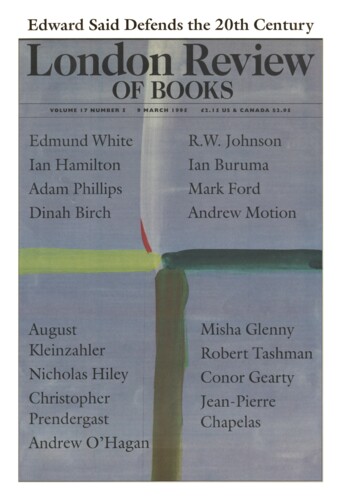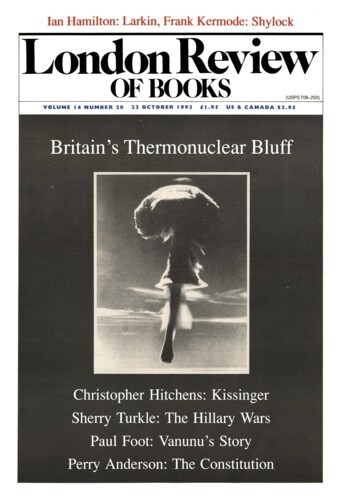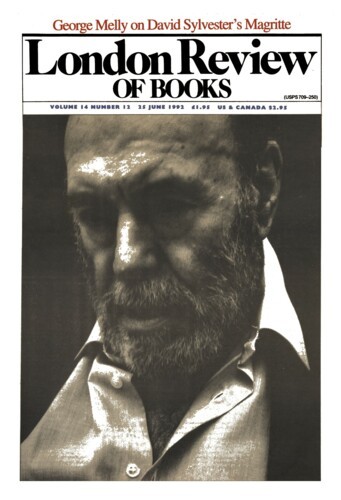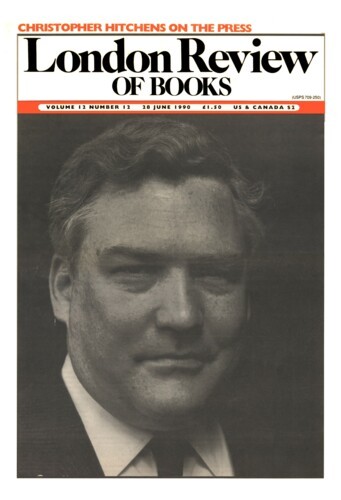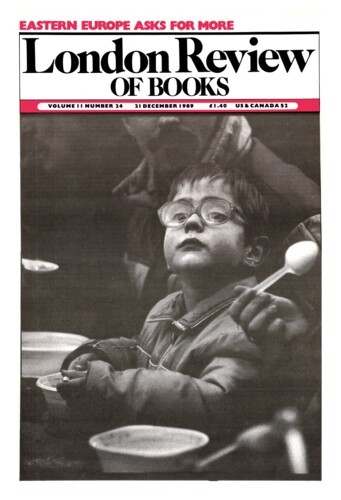Poem: ‘Goethe in the Park’
Andrew Motion, 9 March 1995
The slates have gone from that shed in the park where sometimes the old sat if they were desperate, and sometimes the young with nowhere better to fuck,
and now given some luck the whole piss-stinking thing will fall to the ground, no, I mean will lift into space, no evidence left
in its earthly place of the grey graffiti runes, the deck of glue, the bench with broken ribs, where if things...
